Italian cuisine meets Nordic culture: Christian Puglisi and Nicola Fanetti on shaping the future of Copenhagen’s food scene
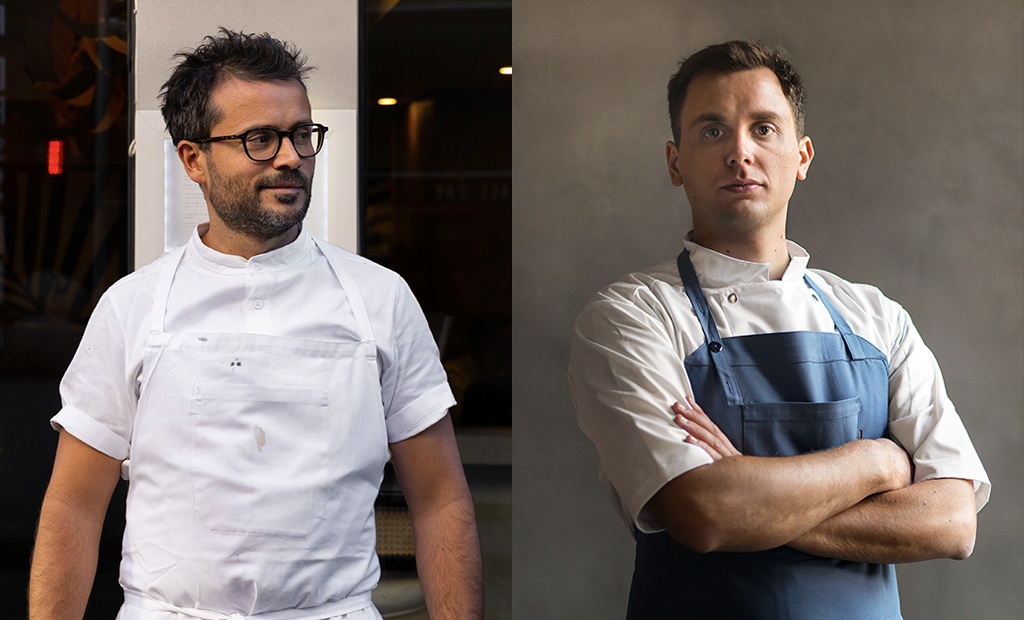
Even though the iconic Noma is nestled amongst Copenhagen’s streets, this flat and rainy terrain feels like an unlikely hub for a community of Italian chefs harking from warm Mediterranean climes. And yet, on closer inspection, the minimalist Nordic culture is an ideal match for a nation of food purists who champion quality ingredients above all else. We spoke to Christian Puglisi of Relae and Nicola Fanetti of Brace to discover more about what drew them to Denmark, why they seek out local produce and how the Danish capital – and the restaurant scene in particular – has coped under the pressure of Covid.
Messina-born Puglisi has been living in the city for 30 years, but his career really began when his sous-chef position at Noma spring-boarded him towards his own fine-dining venture, Relae (which this year sadly saw its final service). “We opened the restaurant with the kind of money that today would barely be enough to make up a table. Noma was already a big thing, attracting international guests their own way. Apart from that, there wasn’t much. The context allowed us to find our way.” The chef stresses that even when Copenhagen got a reputation for food, it was still based around the revered restaurant, and acknowledges how far their influence goes, with endless culinary homages to their acclaimed fermentation techniques. And yet, to Puglisi, to try and replicate them is to miss the point: “The lesson of Noma was to find your identity.”
The dining room and kitchen of Relae
Judging by a new generation of Italian chefs who have made their name in the city, many have taken this teaching to heart. Puglisi speaks of a new community which has been built over the last five years, encompassing ventures like Brace, Rufino and Barabba, all of which produce plates that are “not classic Italian” but “modernised, inspired by today’s gastronomy”. Founder of the former, Fanetti – who hails from Brescia, in northern Italy – believes that Copenhagen’s reputation across Europe stems not from a deep Danish culinary tradition but from the nation’s “great ability of allowing themselves to be ‘contaminated’ by cuisines from all over the world.” Don’t be fooled by the terminology; unlike the devastating virus currently sweeping the globe, it’s about a positive spread of global flavours. This, along with the “immeasurable support of the institutions”, has enabled a “gastronomic explosion for all budgets and for all tastes”.
Perhaps surprisingly, Fanetti credits his success in a new country not only to government backing but the “perfect and harmonious” relationship between Nordic and Italian cultures: “I have smelt the many similarities – the climate is not so different; nor is the landscape, in the long expanses of green, or the ingredients and herbs; there are also similar daily practices, such as foraging, which I practised with my grandparents from an early age. It was therefore not difficult to balance my origins. I learned to appreciate differences and turn them into a strength. Over time my kitchen has become the emblem of the right mix of classic Italian techniques and exclusively local ingredients.”
A table and dishes at Brace. Photos: Caitlin Collins
Indeed, both chefs are driven by a desire to source fresh produce from the area. Puglisi is so dedicated, in fact, that he has started his own farm – though he is the first to admit it’s far from an easy process: “There’s so much to learn. There are so many challenges in agriculture, how to link it sustainably with the restaurant industry.” The chef confesses that it’s only over the past few years that he has realised that to fend off a reliance on mass production, investment is key. “People from abroad see that Denmark heavily promotes sustainability, green energy, bicycles. But there’s also a strong organic movement. 7 to 8% of produce in supermarkets is of organic provenance. In the UK it is around 1, 1.5%. In my opinion, we have to combine gastronomy, organic produce and sustainability. The problem is that the market price is not coherent with the rest of the economy. It takes a lot of work and effort when agriculture is not highly industrialised.”
Being the recipient of the Sustainable Restaurant Award in 2015 and 2016 from the World’s 50 Best academy, the Sicilian cook knows a thing or two about what makes a dish good for the environment. We ask if the popular trend of plant-based diets could be a solution. “The approach of vegetarianism and veganism is wrong because it doesn’t address the actual point, which is the discussion about quality. If you eat soy and vegetables high in protein without a critical approach it’s the same as eating meat without asking yourself ‘what is it? Where does it come from?’. I would never eat a burger made of soy. Many of the issues today are based on the fact that we don’t know what we eat. We haven’t understood how to make produce correctly, how to cook produce correctly. Each new generation gets worse. And resolving everything by leaving it with mass production – only vegetable-based this time – is a mistake. Veganism doesn’t understand the complexity of the world and how it works.”
Christian Puglisi. Photo: Filippo L’Astorina
As a younger chef growing up in an eco-conscious age, Fanetti also has a distinctly green way of thinking: “The policy of choosing sustainable ingredients from small local producers has always been part of me.” And yet, he stresses that in Denmark, such a worldview is even more ingrained. “It’s a nation of people who love to respect the environment in all its forms, mainly at the table […] the pioneers of Nordic cuisine teach us how food can become the protagonist of a lifestyle, and about paying more attention to seasonality, to the use of local products, organic and ethical food, to cooking techniques, as well as to the greater use of vegetables in cooking”. Nevertheless, as Puglisi notes, hospitality is a “jungle” that’s constantly changing and “you need to keep up with it. Take something like packaging: ‘Is this plastic still compostable?’ Every two years or so we try to do a review of where we are and what we do. Do things differently. We come up with projects to be closer to the farm way of recycling things.” Fanetti is also committed to reducing waste, from the repurposed furniture in his newly refurbished restaurant to the new uniforms of the staff, which are made from reused tablecloths.
Redesigning his restaurant, though, seems a relatively small change within the context of 2020. After the pandemic hit, Fanetti tells us the Danish government took the right precautions (a concept that feels rather novel from a British perspective) but it goes without saying that service could not continue in the usual way. The need for a total upheaval was unexpected: “The first challenge was undoubtedly facing the choice of reinventing oneself… it was not easy to understand how to best face a moment of discomfort and turn it into a moment of productivity and positivity.” But this is exactly what the team did, launching a four-hand delivery service in collaboration with Noma co-founder Claus Meyer. “The initiative was born from the need to support the restaurant world. We thought that solidarity between colleagues, in a complex historical phase like the one we were experiencing, would be a wonderful moment of all-round sharing.” The project proved a huge success, and Fanetti speaks passionately of “human warmth that characterised those days” and the value of this experience.
Brace and chef Nicola Fanetti. Photos: Caitlin Collins
The chef is keen to stress the importance of growth, and he likens Brace to a child becoming a teenager: “It needs more and more care and to be directed towards greater goals. For now, therefore, as a good parent, I will focus on it … we will have to wait and see.” Puglisi, in contrast, wants to simplify and concentrate his experience down. “What to do next is to do less. I think it’s going to be very interesting and very useful in this time to focus on fewer things and ensure that we do well with what we do here.” While Covid pushed Fanetti to open new doors, for Puglisi it was the perfect excuse to bring his flagship restaurants to a natural conclusion and focus on other ventures. “I think Relae and Manfreds have been going on a little bit longer than maybe I thought myself. But clearly, at the beginning of the pandemic the idea started to mature and really make sense to me and was the obvious thing to do. So it’s been very nice to be able to define that sort of exit”. He has clear confidence in his remaining ventures, which he feels have always been ready for crisis: “We are always trying to really cut to the bone and not overdo anything, to keep things simple. And I think that that is also the recipe for the future”.
As for the industry as a whole, Puglisi is a little more uncertain about the long-term consequences. The coronavirus, he remarks, has highlighted “a lot of elements that were not very sustainable in this industry”, and only time will tell “what kind of restaurant industry there is room for” once the dust settles. “I think it’s a big problem – when you consider hospitality as people meeting and having fun and community – that you have to be socially distanced.” However, Fanetti believes that we are resilient and inventive by nature: “Every human being, in these difficult moments, manages to bring out a survival instinct that one did not even know they had.” As previously mentioned, the chef strove to create intimacy in new ways during lockdown, launching a delivery service that enabled him to be close to guests “without having real contact with them” and his faith in the industry to come out stronger is tangible. “If this virus was supposed to teach us something, well it certainly did: it has broken every single balance, in nature, in our habits, in certainties – breaking everything sometimes serves to rebuild the foundations from scratch.”
Rosamund Kelby
and Filippo L’Astorina
Relae and Manfreds are set to close on 19th December 2020, for further updates visit the Relae Community website here.
For further information and to book a table at Brace, Teglgårdstræde 8A 1452 Copenhagen Denmark, visit the restaurant’s website here.

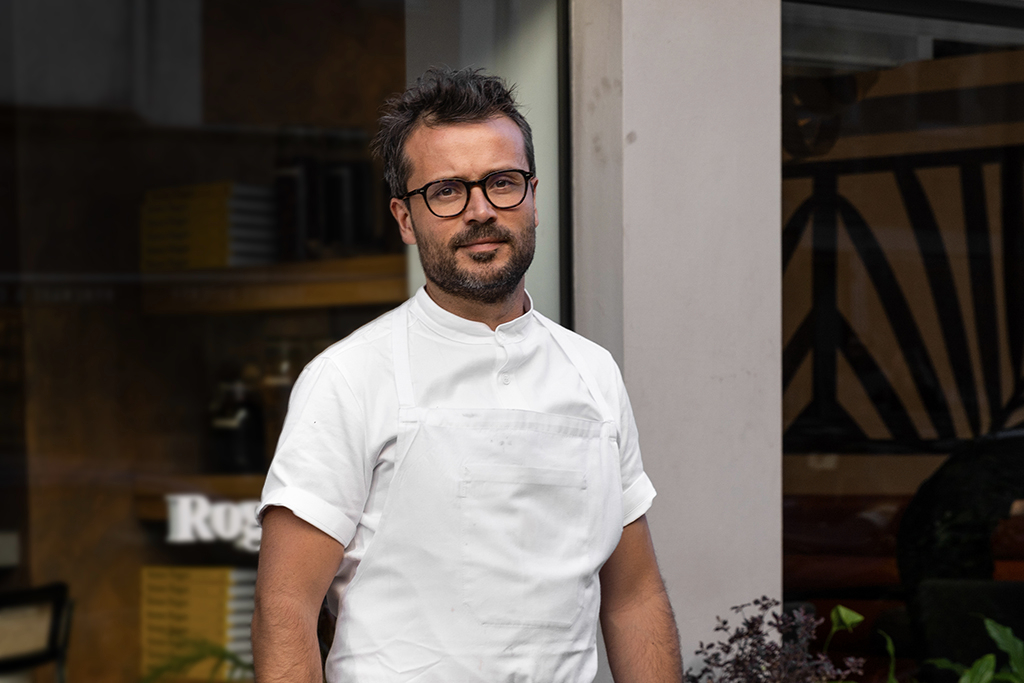
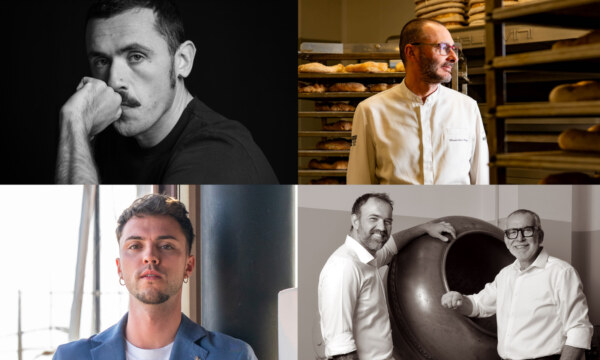
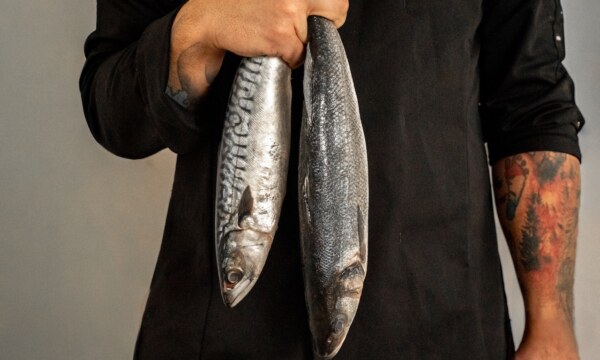
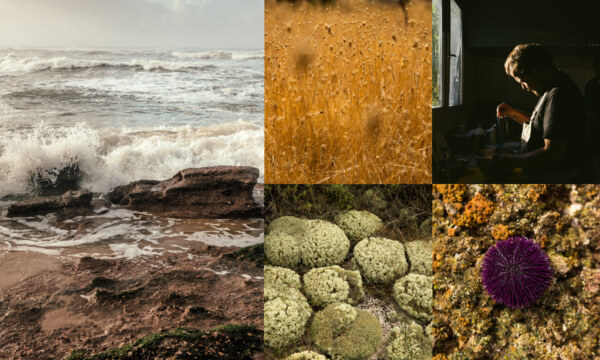
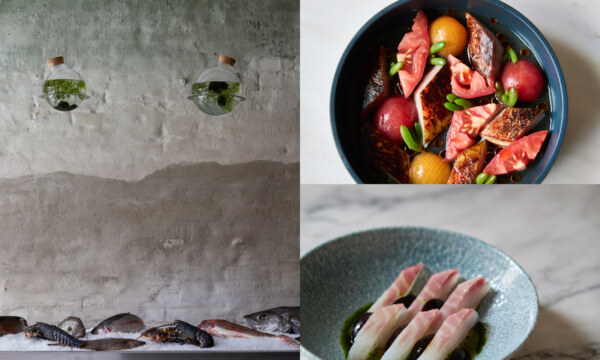
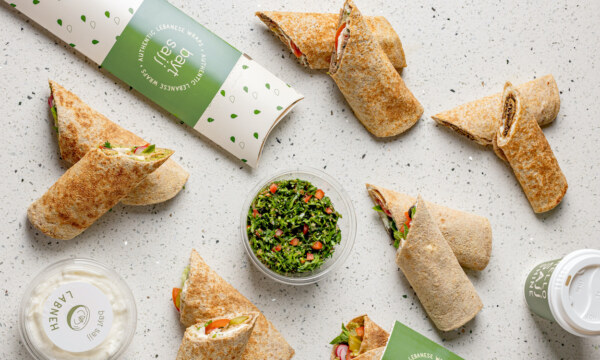
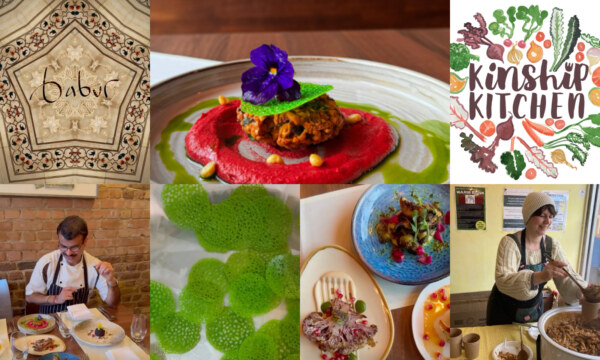
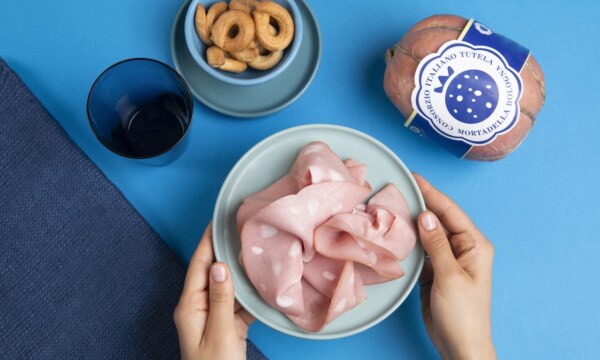
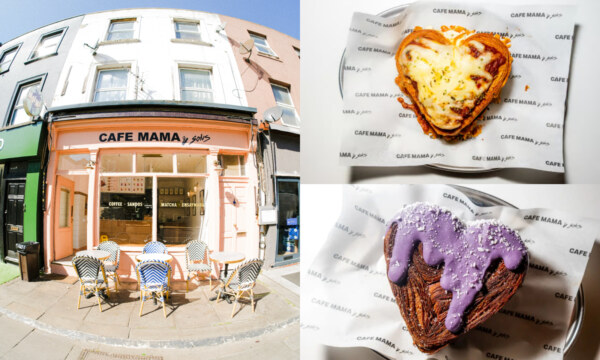
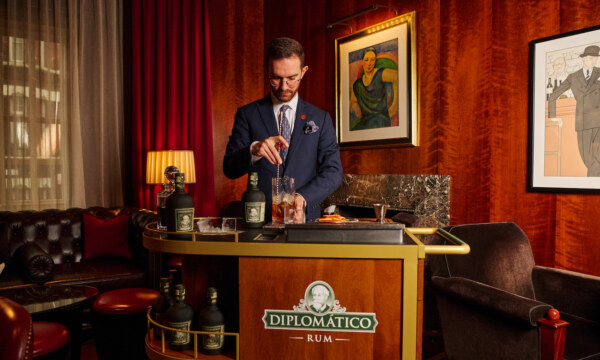






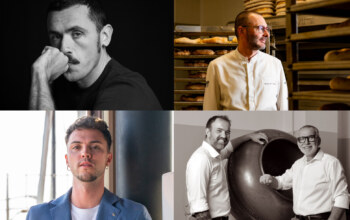
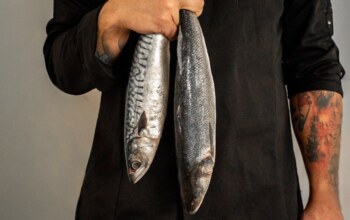
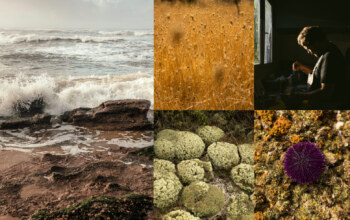




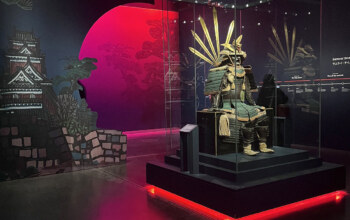
Facebook
Twitter
Instagram
YouTube
RSS